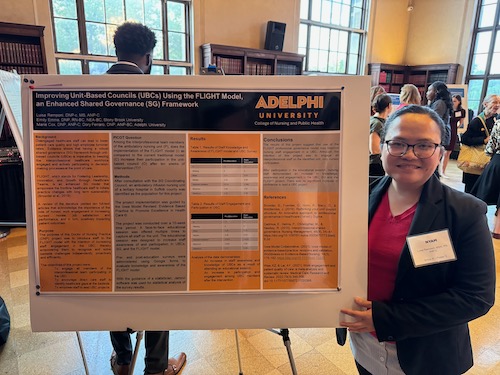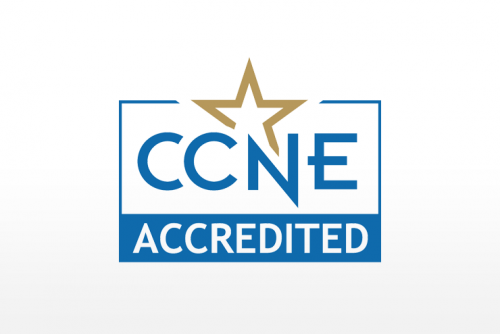
In response to the growing demand for mental health services across the United States, the Adelphi University College of Nursing and Public Health is proud to announce the launch of its new Doctor of Nursing Practice (DNP) in Psychiatric-Mental Health.






